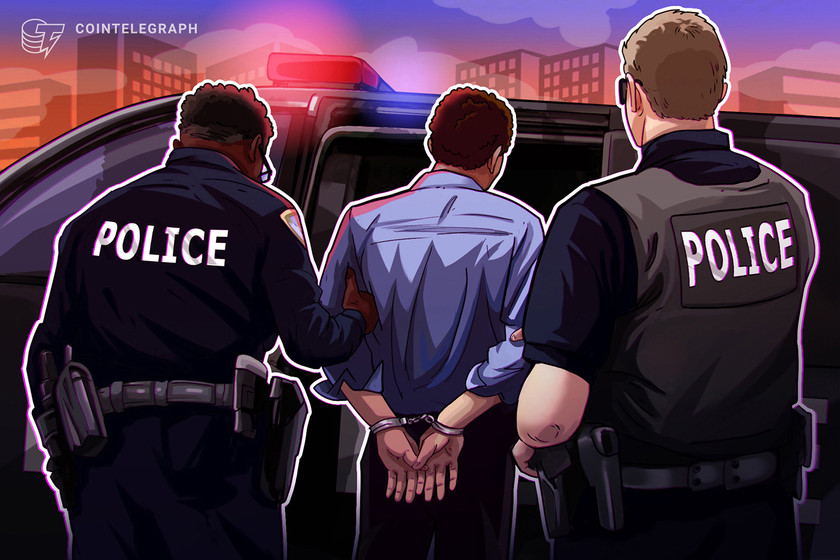After months of investigation without any single arrest and the main offender on the run teasing the enforcers on Twitter, South Korean police have reportedly captured the first person involved in the Terra blockchain ecosystem collapse.
The news about the arrest of Yoo Mo, the head of the business team of Terraform Labs, appeared in Korean media on Nov. 6, later the district prosecutor Choi Sung-kook confirmed the information to Forkast.
The Seoul Southern District Prosecutors’ Office issued a bench warrant on Yoo on Nov. 5, reportedly charging him with the violation of the Capital Markets Act and fraud by manipulating the market price of the stablecoin TerraUSD (UST), now known as TerraUSD Classic (USTC). Authorities did not reveal details of the arrest such as the time or d
The arrest warrant on Yoo was issued back in September — the executive is believed to be a part of the inner circle of Terra’s cofounder Do Kwon. On Sept. 26 Interpol issued a Red Notice, “request to law enforcement worldwide to locate and provisionally arrest a person pending extradition, surrender, or similar legal action,” on Do Kwon.
Related: Terra could leave a similar regulatory legacy to that of Facebook’s Libra
Meanwhile, a Terraform Labs spokesman claimed South Korea’s case against the company’s top management has become political and alleged prosecutors of expanding the definition of security in response to public pressure. The $40 billion Terra ecosystem collapse in May 2022 led to a crypto market rout that wiped out nearly a trillion dollars from the crypto market.
Currently, capital market and electronic securities regulations in the country don’t include a legal definition of non-standardized securities issued through a blockchain. The country is moving to regulate the space with its financial regulator, the Financial Services Commission, preparing guidelines for security tokens by the end of 2022.
Click Here to Read the Full Original Article at Cointelegraph.com News…
























